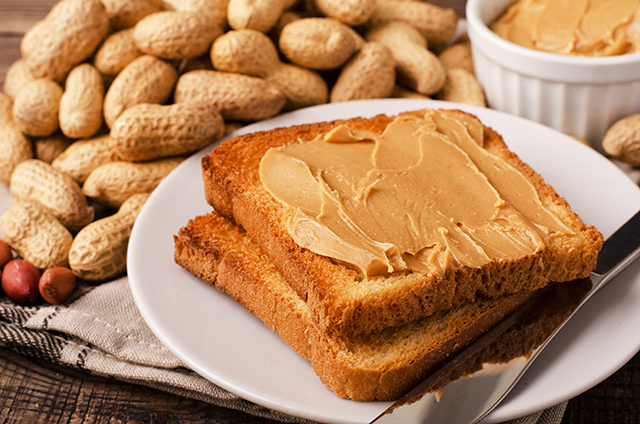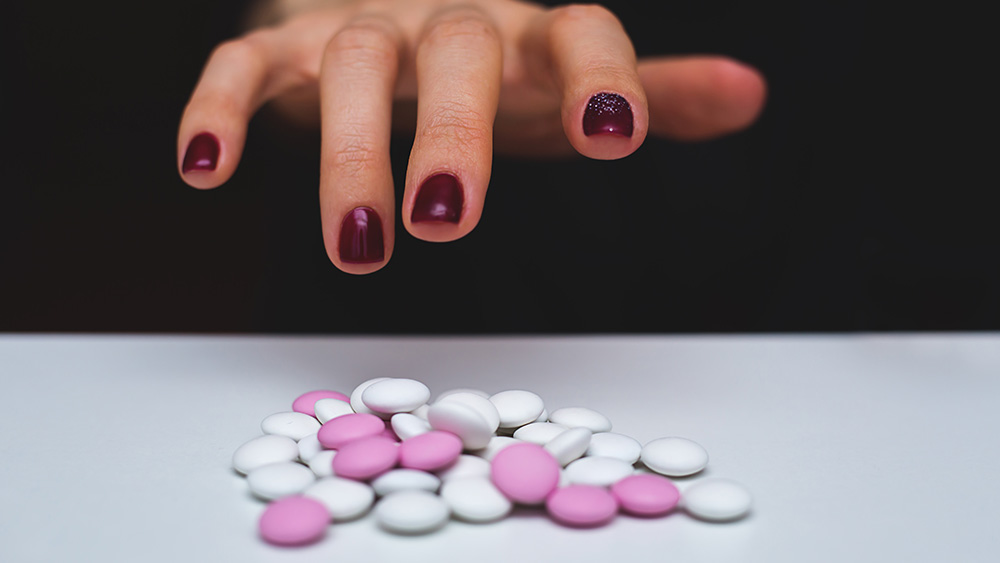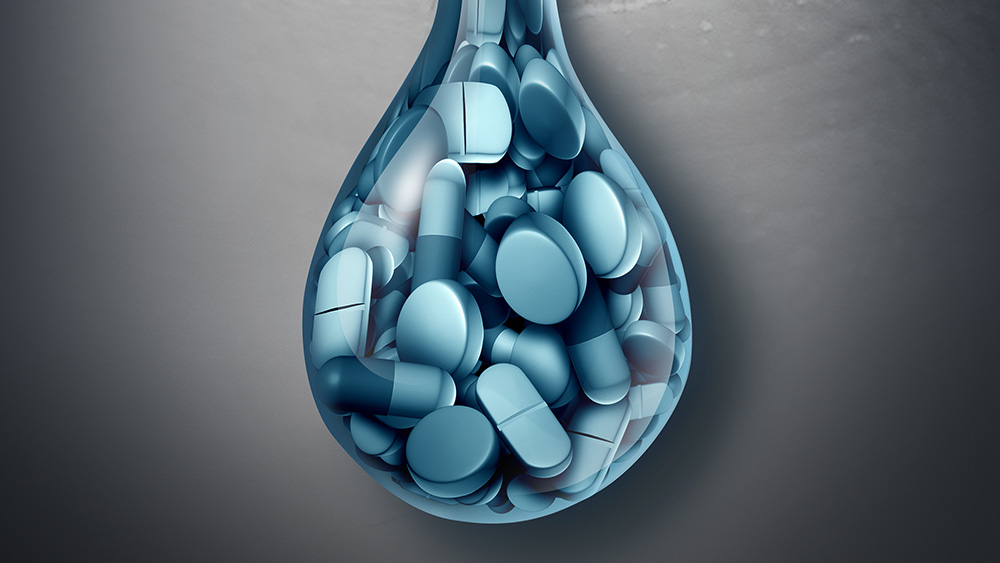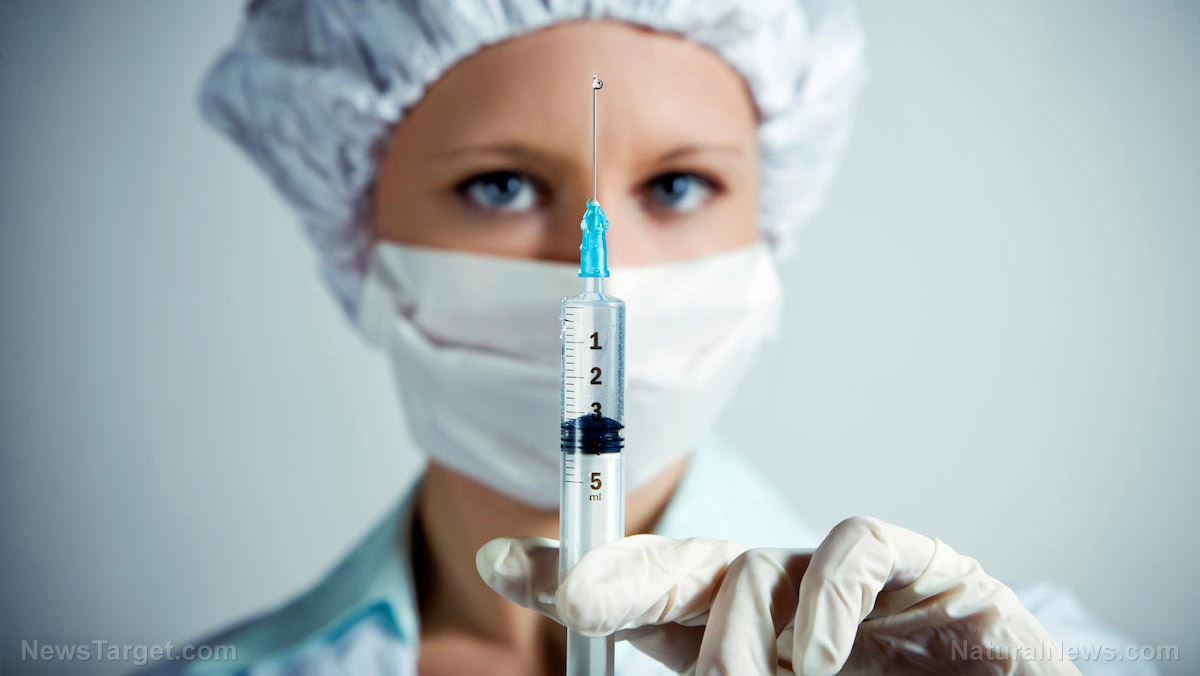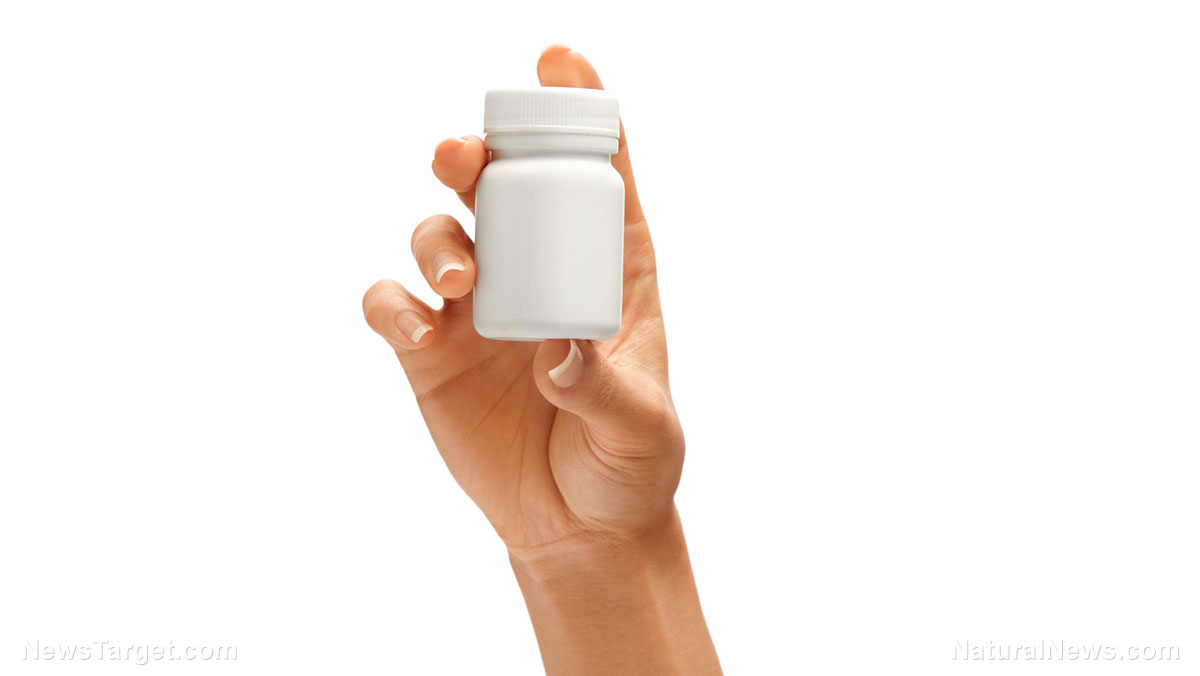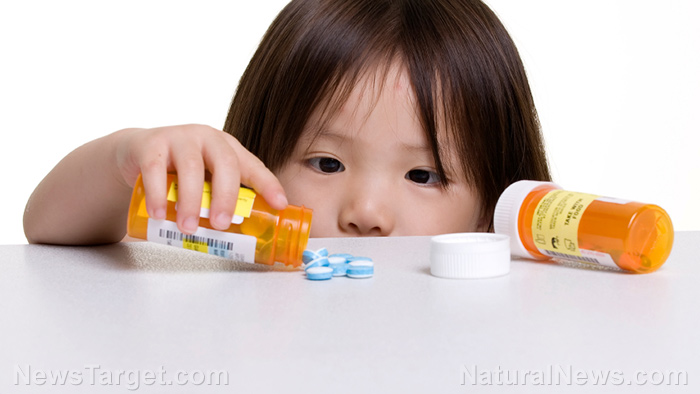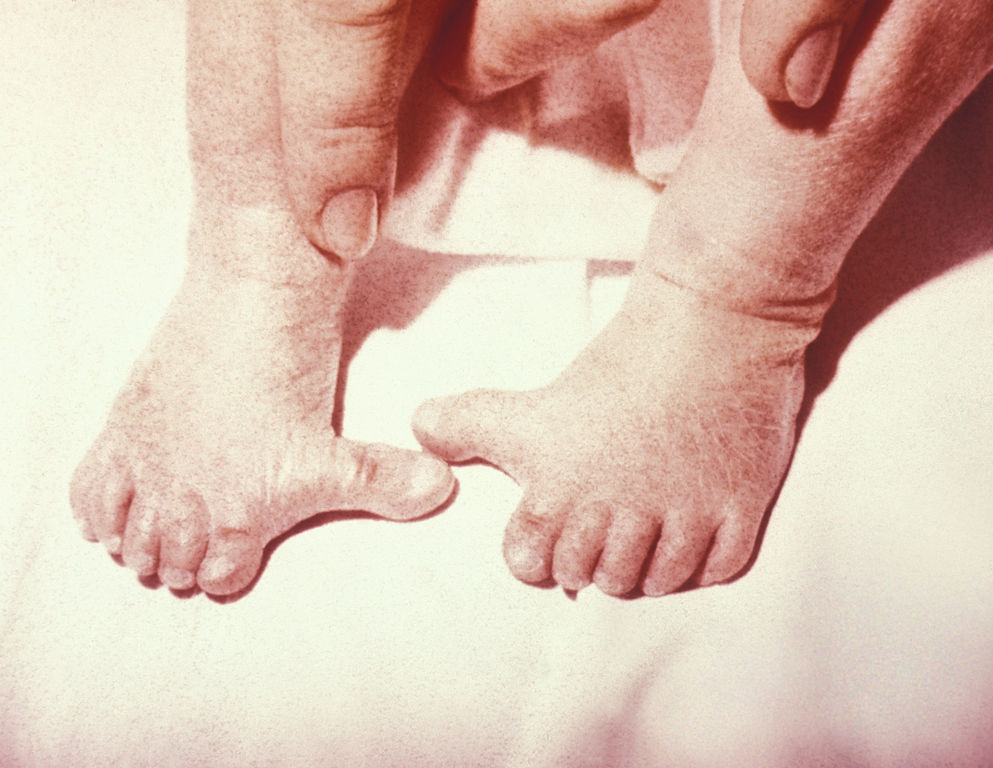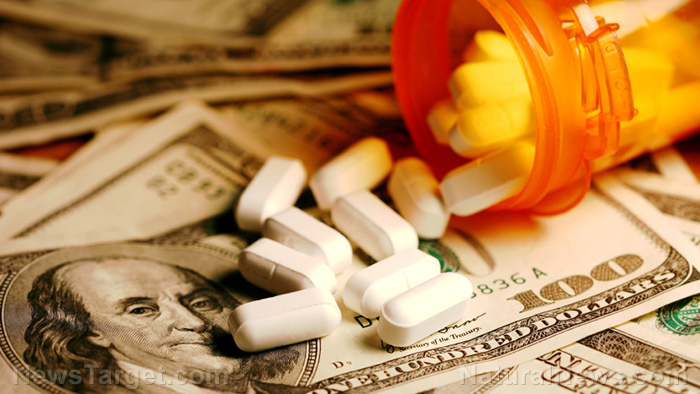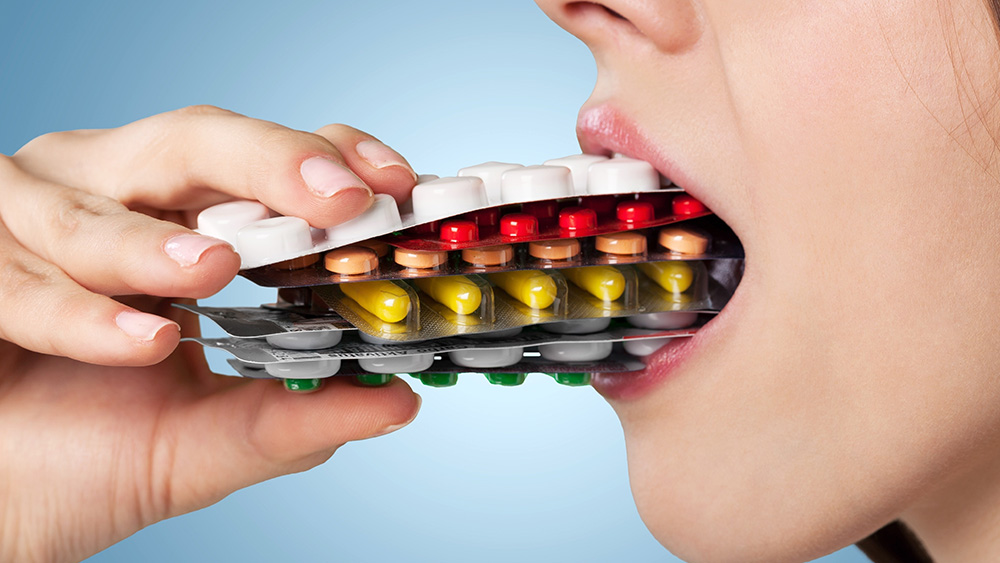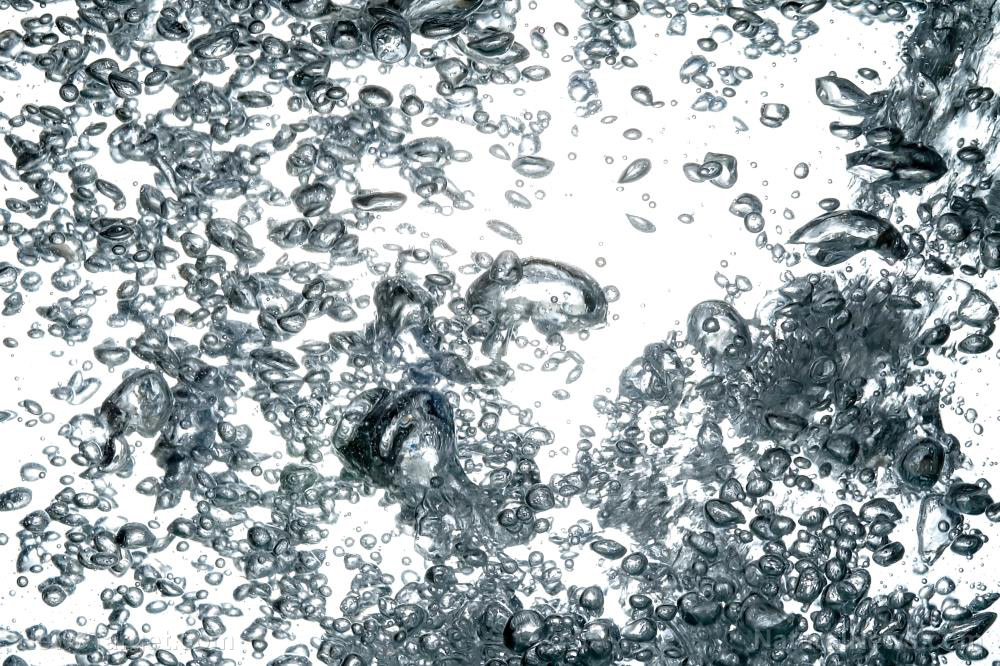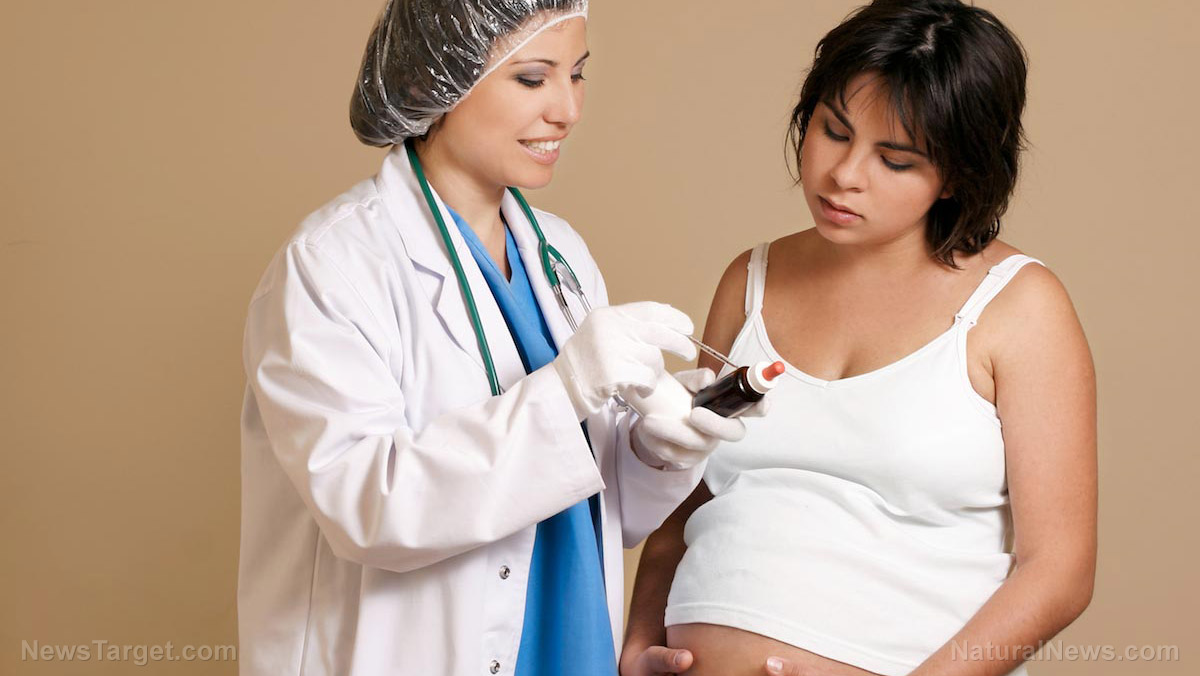Popular heartburn drugs are silently causing kidney damage in users
03/07/2017 / By David Gutierrez

Widely used heartburn drugs known as proton pump inhibitors (PPIs) may cause chronic or even end-stage kidney failure without any prior warning, according to a study conducted by researchers from Washington University School of Medicine and the Veterans Affairs St. Louis Health Care System, and published in the journal Kidney International.
It has been common clinical practice to assume that unless patients taking PPIs show signs of acute kidney failure, they are not at risk of chronic kidney failure. This study completely refutes that premise.
“Our results indicate kidney problems can develop silently and gradually over time, eroding kidney function and leading to long-term kidney damage or even renal failure,” senior author Ziyad Al-Aly said. “Patients should be cautioned to tell their doctors if they’re taking PPIs and only use the drugs when necessary.”
Big Pharma pushes pricier, more dangerous drugs
PPIs suppress the stomach’s production of acid, and are intended to treat only very severe ulcers or heartburn (gastric reflex). The FDA has repeatedly issued warnings about casual or long-term use of these highly dangerous drugs. Yet the drugs are widely used, in both prescription and over-the-counter form, by 15 million people yearly in the United States alone.
Brand names include Nexium, Prevacid, Prilosec, and Protonix.
In the new study, researchers reviewed databases from the Department of Veterans Affairs to examine the medical records of 125,596 new users of PPIs and 18,436 new users of H2 blockers, an unrelated class of heartburn drugs.
H2 blockers are significantly less likely to cause kidney damage than PPIs, but are less widely used in part because they are not as effective — and in part because PPIs are aggressively marketed by pharmaceutical companies.
H2 blockers cost about half as much as PPIs.
The researchers found that over the course of 5 years, about 20 percent of PPI users went on to develop acute kidney problems, characterized by urine buildup, fatigue, and swelling of the legs and ankles. Many cases of acute kidney failure are reversible.
Yet among patients who developed chronic kidney damage or end-stage renal disease, only half had previously experienced acute kidney problems. That means the other 50 percent of cases came on without warning.
End-stage renal disease is fatal unless treated by dialysis or kidney transplant.
Among users of H2 blockers who developed chronic kidney disease, 92.33 percent had previously shown acute kidney symptoms.
“Doctors must pay careful attention to kidney function in their patients who use PPIs, even when there are no signs of problems,” Al-Aly said. “In general, we always advise clinicians to evaluate whether PPI use is medically necessary in the first place because the drugs carry significant risks, including a deterioration of kidney function.”
PPIs disrupt all systems in the body
The risks of PPIs are not limited to kidney failure. Research has shown that by interfering with stomach acid production, the drugs create a cascade effect throughout the body. First, they interfere with the absorption of key nutrients, including vitamin B12, calcium and iron — thus producing neurological problems, anemia, bone fractures, and osteoporosis. They also disrupt the gut microbiome, encouraging the presence of the superbug C. difficile, as well as the bacteria that causes pneumonia, leading to correspondingly higher risks of those diseases.
The microbiome plays a wide variety of roles in the body, regulating digestion, immune function, and even mood.
PPIs have also been shown to increase the risk of heart attack and stroke, and to worsen cognitive decline in the elderly.
Even the Big Pharma-friendly FDA continually emphasizes that PPIs should be used only for very severe cases of gastric reflux. Even with severe heartburn, patients should first try to control it using natural methods such as eating smaller portions; avoiding heartburn triggers such as very fatty foods, alcohol, tobacco or drugs; wearing loose-fitting clothing; remaining upright for at least two hours after eating; elevating the head of the bed; and losing as little as 5-10 pounds.
Sources for this article include:
Tagged Under: gastric reflux, heartburn, kidney failure, PPIs, Proton pump inhibitors

